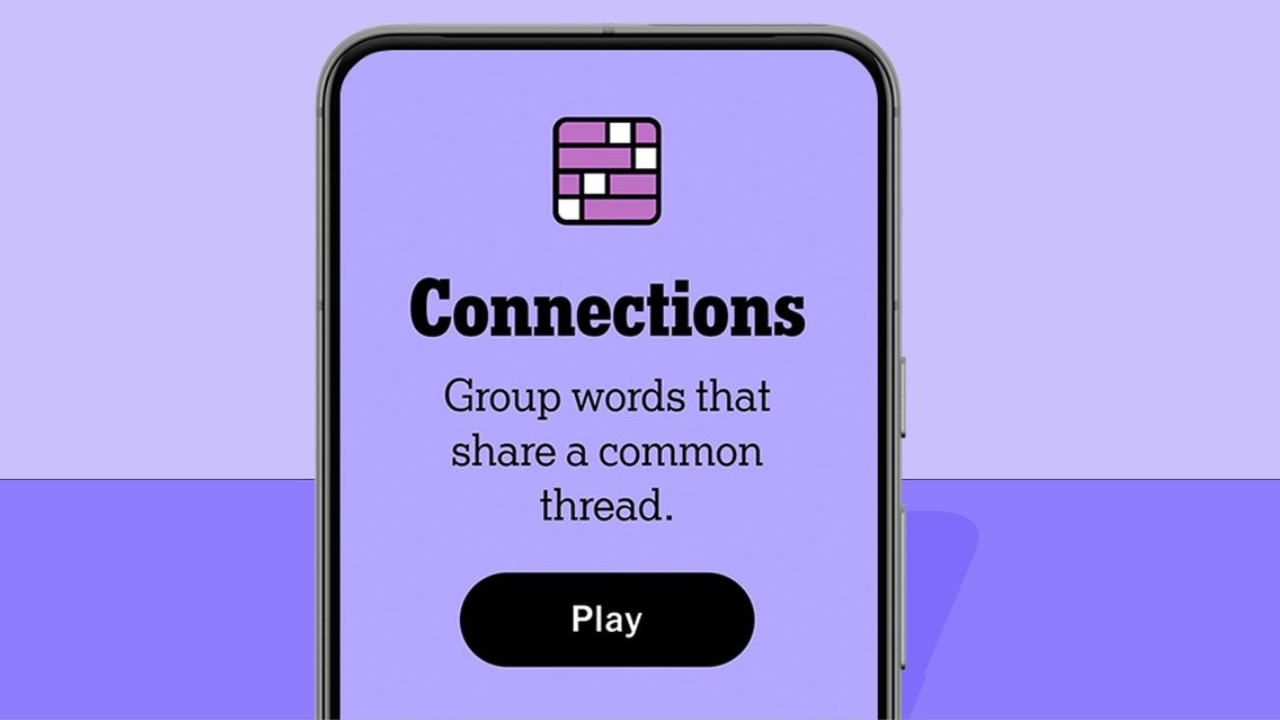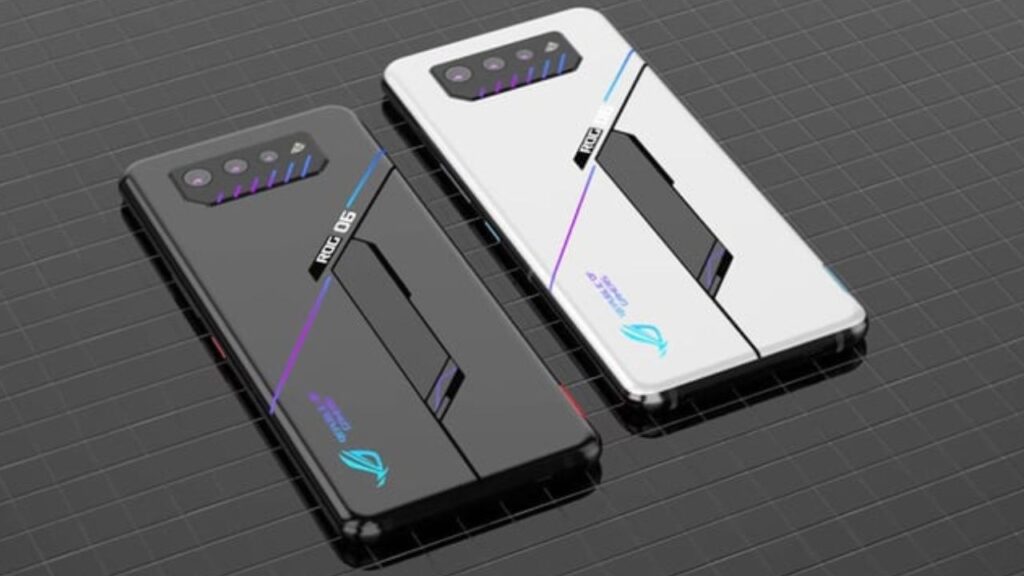Over the past year, leading smartphone manufacturers have significantly integrated AI technology into their devices. Samsung and Google heavily promoted the Galaxy S24 and Pixel 8, respectively, with notable AI enhancements, while Apple is anticipated to make a substantial impact with its generative AI, Apple Intelligence, in the upcoming iPhone 16 series. This trend signifies that smartphones are becoming pivotal in the AI revolution, with expectations for continued growth.
According to a recent forecast by the International Data Corporation (IDC), a consumer data research firm, shipments of AI Enabled smartphones are projected to reach 234 million units by the end of the year, representing a 364% year-over-year increase. IDC defines Gen AI smartphones as devices equipped with a system-on-a-chip (SoC) capable of running on-device generative AI models, utilizing a neural processing unit that meets specific benchmarks. Examples of such chipsets include the Qualcomm Snapdragon 8 Gen 3 found in top Android phones and the Apple A17 Pro processor in the iPhone 15 Pro.
Despite a trend of consumers retaining their phones longer without upgrading, IDC expects that the introduction of Gen AI features will drive significant demand in the coming years. This demand is fueled by the allure of new AI-powered features and the anticipated transformation of the app-centric mobile experience. IDC predicts that AI Enabled Smartphones sales will soon surpass those of Non-AI Enabled Smartphones, projecting that Gen AI shipments could reach 912 million units by 2028, capturing the majority of the annual 1.3 billion smartphone market.
AI Phones: Towards an App-less World?
Since the advent of smartphones, apps have dominated user interaction. However, on-device generative AI could change this dynamic, using contextual data to assist users in expected ways while maintaining privacy and security.
“This ‘app-less’ world will revolutionize the user experience, requiring the phone to better ‘know’ its users while ensuring personal data remains private and secure,” said Francisco Jeronimo, IDC Europe’s VP of data and analytics, in Friday’s forecast.
We are already witnessing the early stages of this transformation with AI features on current smartphones. For instance, the Samsung Galaxy S24 Ultra offers real-time voice translation and can generate summarized transcripts from voice recordings. The Google Pixel 8 Pro uses AI to summarize recorded conversations. Apple Intelligence is expected to bring features like text rewriting, image generation from text, and a more conversational Siri assistant.
With these AI advancements, IDC anticipates a shift towards more voice-operated interactions, likening it to communicating with a personal assistant rather than merely tapping a device. Notably, Apple’s demonstration at WWDC 2024 showcased Siri’s ability to perform in-app actions across various apps, including third-party ones, suggesting that even if AI doesn’t entirely replace apps, it will reduce direct user interaction with them.
These advancements in intelligent voice assistants could be compelling enough to encourage users to upgrade their smartphones. Given the current enthusiasm for AI, IDC’s optimistic forecast appears well-founded.




















